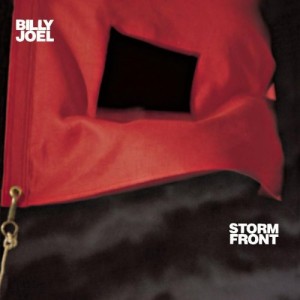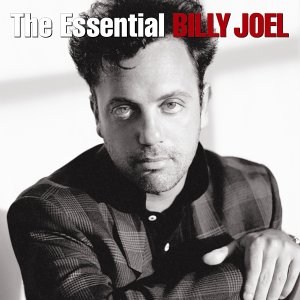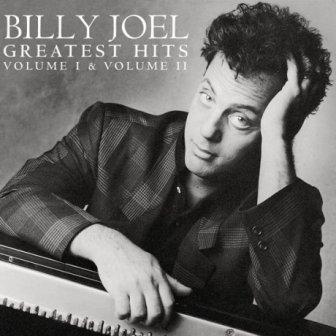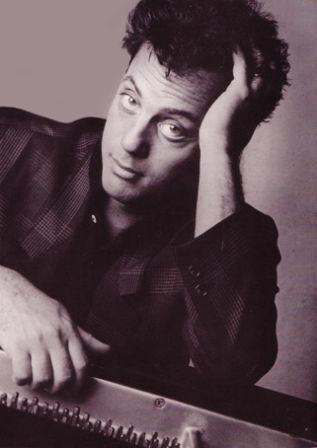Released in 1989, this was the album that gave Billy Joel his fourth and final number 1 single: “We Didn’t Start The Fire”. The song cast such a shadow on the album that people are mostly unaware of what is included besides that chart-topper. The truth is that there are a handful of songs that keep up with Joel’s standards and craftsmanship. These are mostly segregated on the first side, and they include “I Go To Extremes” and “The Downeaster Alexa”. The former is an energetic number about bipolarity, whereas the latter is a spot-on commentary on the plight of fishermen at around that time.
Besides, the album includes “Leningrad” along with the bittersweet “And So It Goes”, a song rendered by Billy playing solo. I can’t help but notice how Elton John and Billy Joel share the same approach in some of his ’80s albums, ending them on a solo note. Elton does exactly the same on the “Sleeping With The Past” record, in which the ending track has him playing unaccompanied for a long stretch, and even when other instruments do come in the focus never strays from Elton’s piano. Continue reading




